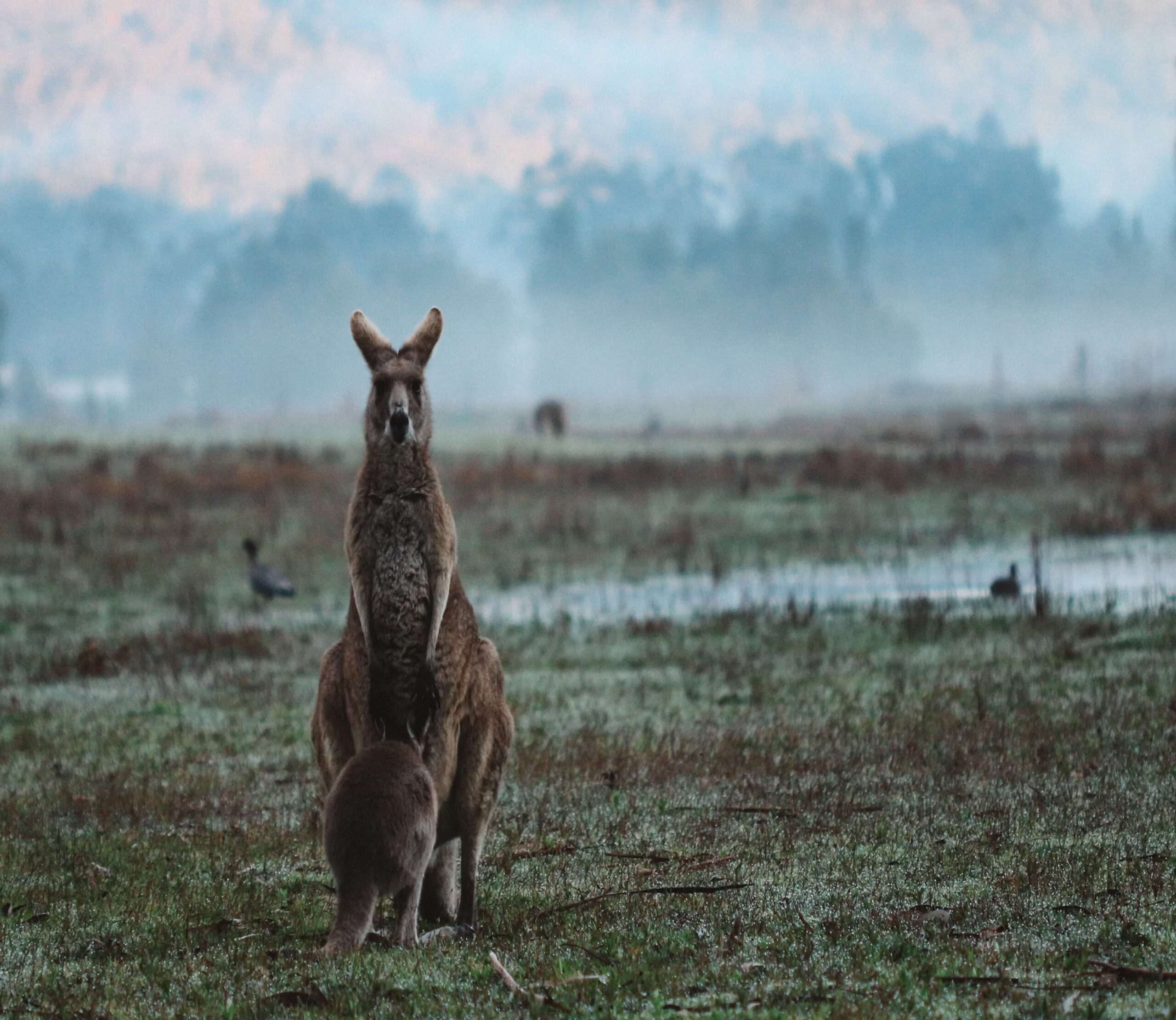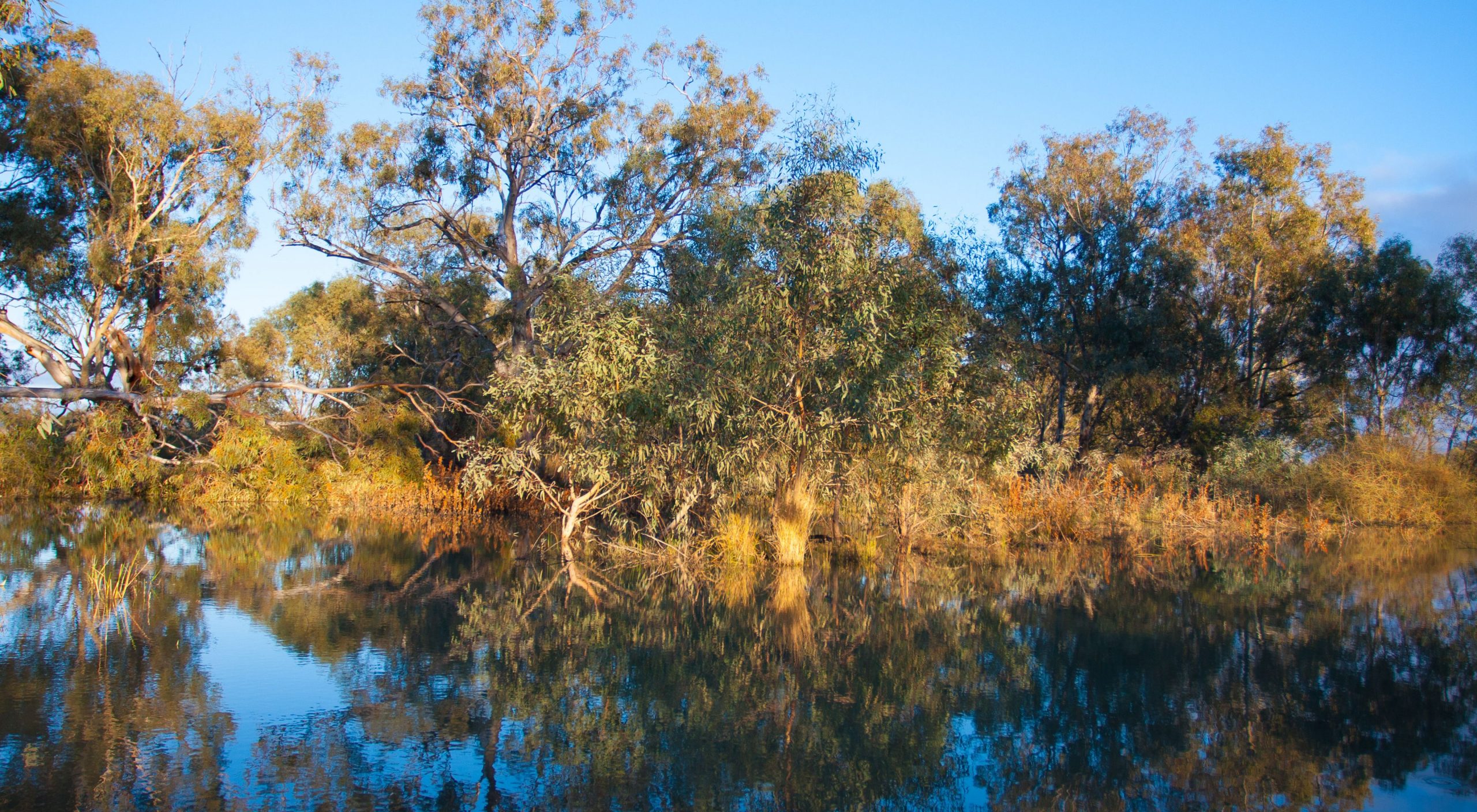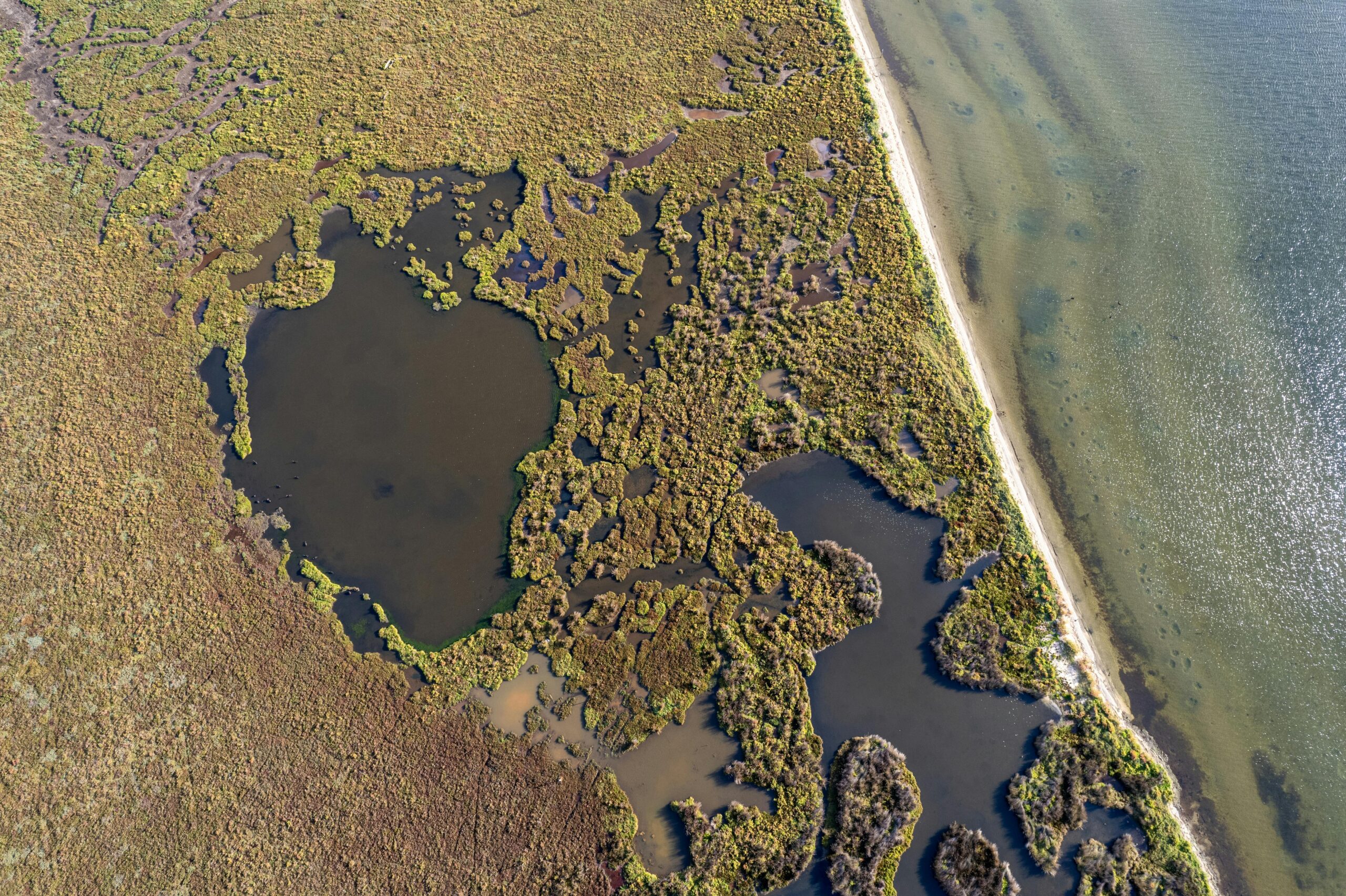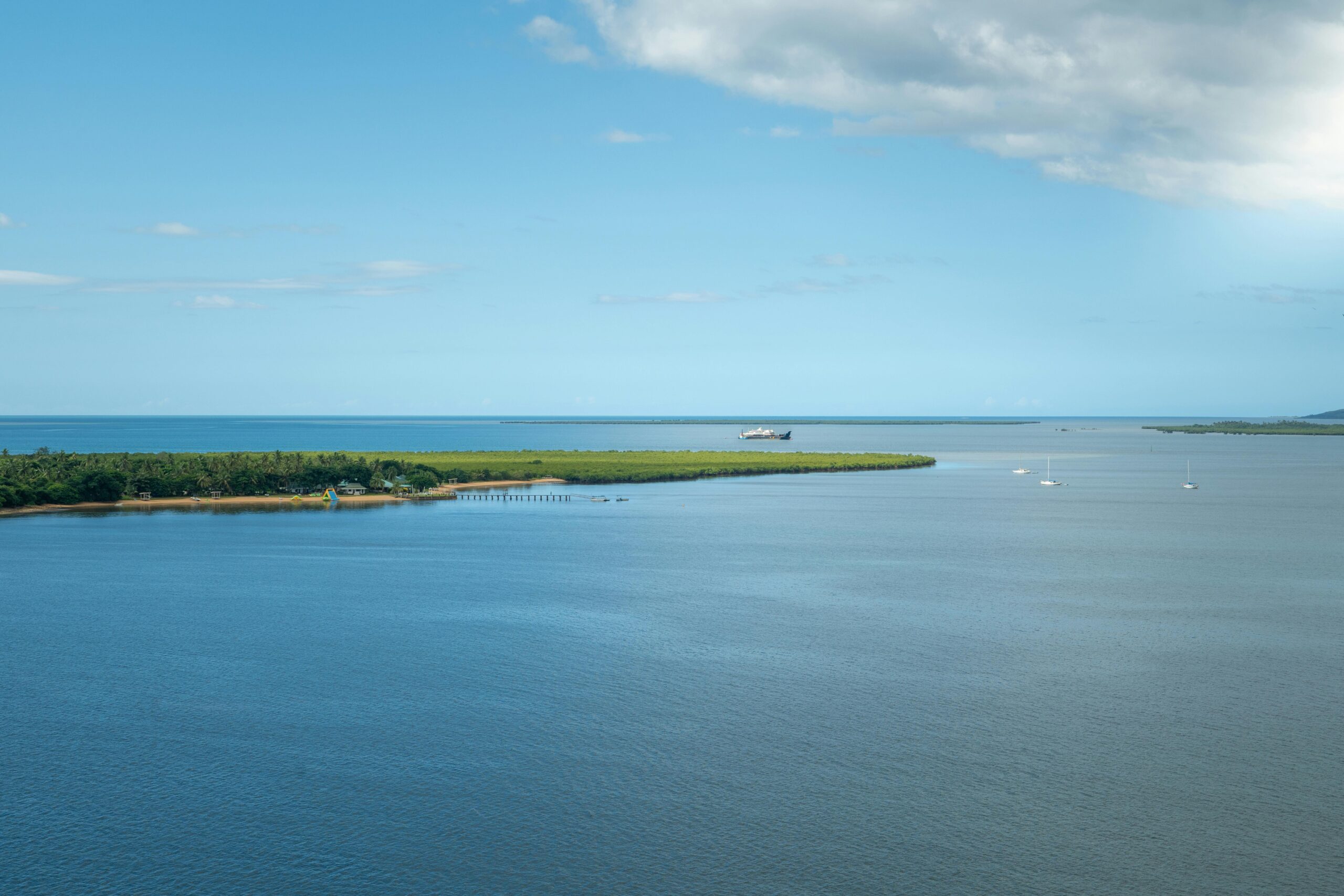
Ecological strategy and planning
We develop plans and strategies that help our clients understand the risks their activities pose on ecological assets, and help them plan for their conservation and restoration. Our primary focus is on addressing the landscape impacts of climate change and aligning our solutions with the relevant policy and planning levers.
Urban biodiversity planning
Spatial optimisation for reserve planning
EcoFutures, along with our sister company Mosaic Insights, is experienced at drawing meaningful demographic insights and statistics from their analysis to inform biodiversity, open space, and reserve planning strategies. Using sophisticated image processing and classification algorithms (including machine learning) and spectral analysis techniques, we extract valuable information about land cover and land use change, vegetation health, urban development and surface water. We leverage GIS software, cloud platforms and scientific programming libraries (Python and R) to generate novel insights about the landscape. We know what works and what doesn’t, and select the tool that offers our clients the most value.
Integrated Catchment Management Planning
EcoFutures works with the other companies across the Alluvium Group to provide integrated catchment management planning. We recognise that sustainable use of catchments requires consideration of the social, ecological, cultural and economic services catchments provide. We have deep expertise in establishing catchment values, water resource planning, stakeholder engagement, sustainable development, and policy analysis. Our skills span ecological assessments, hydrological modeling, risk assessment, project management, and regulatory compliance. We excel in data analysis, innovative problem-solving, and communication to balance ecological, social and economic considerations in water systems.
Invasive Species Planning and Management
We are experienced in invasive species planning and management. We understand that, along with habitat destruction and modification, invasive plants and animals are among the key drivers of the decline and extinction of native biodiversity, and the collapse of ecosystems. As ecologists with a focus on landscape-scale dynamics, we are cognisant of the challenges of effectively coordinating management of invasive species and their impacts across large open spaces. Our approach to invasive species management is always based on asset protection, where targeted actions with the right timing, scale and method is typically the most effective response.
Industry leadership
Our industry leaders are known for their deep expertise and knowledge in their field. They bring a thorough understanding of industry trends, technologies and best practices.

Dr Andrew Sharpe
Andrew is an aquatic ecologist with over 30 years of experience spanning academia, government, and environmental consulting. He specialises in freshwater ecology, with a strong focus on landscape-scale environmental issues and the integration of science into practical water management.<br><br>Andrew has led numerous monitoring and research programs, with particular expertise in environmental water management, project design, and ecological assessment. His work bridges hydrology, geomorphology, and the ecological needs of freshwater species.<br><br>Over his career, he has contributed to more than 200 consulting projects, published in peer-reviewed journals, and held leadership roles in major water management programs, including at the Victorian Environmental Water Holder.

Dr Paul Maxwell
General Manager – EcoFutures
Paul is a coastal ecologist and natural resource management specialist with 20 years experience working for state government, universities and not-for-profit organisations. He has had extensive experience in developing and implementing environmental, social and economic monitoring and research programs across Australia for local councils, natural resource management organisations and water utilities. He is an experienced project manager in the fields of coastal habitat management and assessment; water quality and river health management; water resource management; monitoring and evaluation; science translation and communication and stakeholder and community engagement.<br><br>Paul is the Research and Development lead for Alluvium. Throughout his career he has focused on developing better links between the best science and practitioners and has maintained an active research profile by partnering with university and industry researchers nationally and internationally. He has been involved in a diverse range of research projects which has led to extensive publications in top-tier journals in the fields of environmental management, ecological resilience, biodiversity conservation, environmental chemistry and marine and freshwater ecology. His research and monitoring outputs have directly influenced state and local government policies.




